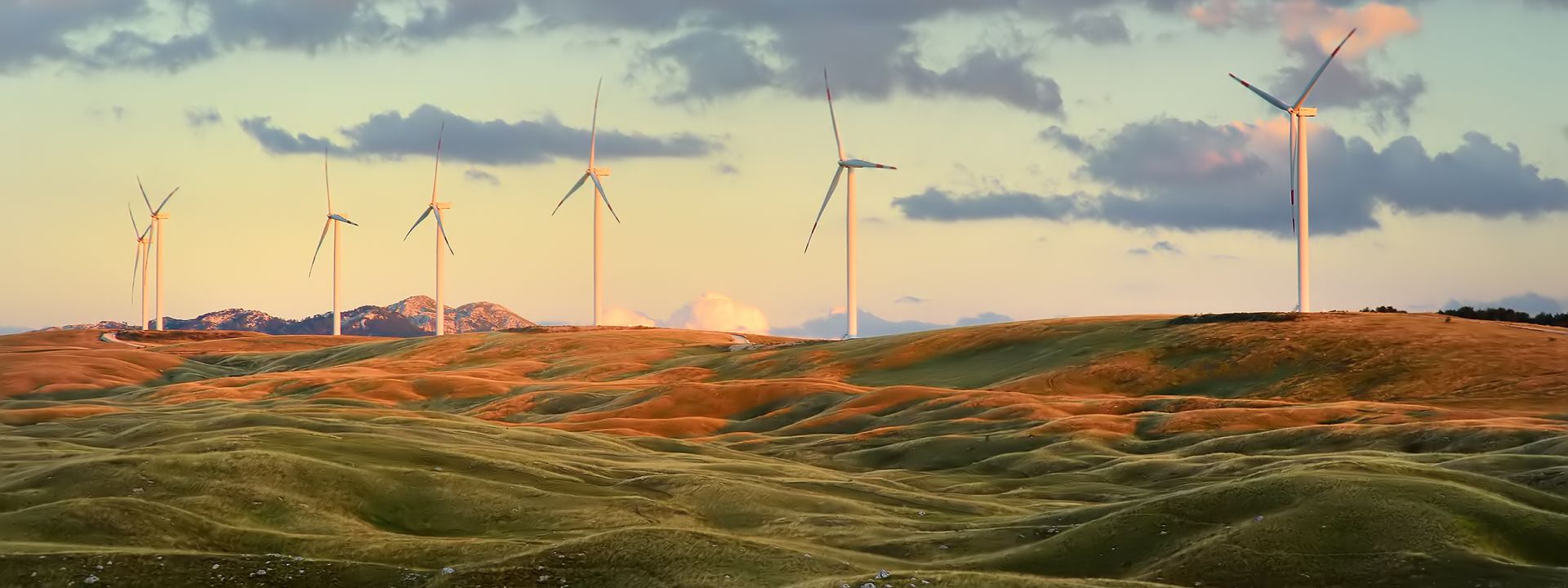The Rural Pact Support Office, in collaboration with the European Climate Pact, organised a webinar on 20 March 2024 to explore ways in which local communities can help anticipate and mitigate the impacts of climate change in rural areas, and adapt to those changes that are inevitable.
The webinar provided opportunities to: analyse a range of successful community-led initiatives across European rural areas, which address climate issues locally; exchange experience and good practices; and build further engagement in rural communities.
Objectives
-
Enable exchange and learning from local experiences and initiatives by rural stakeholders, which tackle climate change;
-
Build the capacity of participants to mitigate and adapt to climate change by anticipating, planning and delivering effective, high-quality projects in line with rural needs;
-
Encourage and mobilise Rural Pact community members to make a commitment to the Pact and/or to undertake actions linked with addressing climate change in their specific contexts.
Agenda
(PDF – 171.03 KB)
Video recordings
- Welcome & introduction to the day
- Setting the scene: EU initiatives to foster the fight against climate change in rural areas
- Learning from inspirational projects and practices
- Plenary discussion, reporting back from break-out sessions
- Climate Chance Europe 2024 Wallonia Summit - Liège Declaration of the Belgian EU Presidency video intervention by Céline Tellier, Walloon Minister for Environment Nature, Animal Welfare and Rural Renovation
Discussion groups - Miro boards
- Group 1: Awareness-raising of rural communities to identify and address climate challenges
- Group 2: Building and implementing community-led initiatives as drivers for climate change capacity building by rural stakeholders
- Group 3: Evidence-based local development policies in alignment with the European Green Deal and the LTVRA objectives
Background
Tackling climate change – a European priority
The increasing impact of climate change and the recent energy crisis have made the Green Transition more urgent than ever.
The United Nations (UN) and the European Union (EU) have set a high level of ambition for their fight against climate change and its impact. The call for actions driven by the Sustainable Development Goals (SDGs) and the pivotal position of the European Green Deal highlights the relevance of the EU priorities:
-
to transform Europe into the first climate-neutral continent by 2050;
-
to reduce its greenhouse gas (GHG) emissions by 55% by 2030 (“Fit for 55” package); and
-
to help the EU prepare for the unavoidable impacts of climate change and become climate-resilient by 2050.
These priorities are reflected across EU policies, including the 28 Strategic Plans of the Common Agricultural Policy (CAP) 2023-2027, the Cohesion Policy objectives for 2021-2027 and related Funds, including the European Regional Development Fund (ERDF), the Cohesion Fund (CF), the European Social Fund Plus (ESF+) and the Just Transition Fund (JTF). These Funds, along with the new Social Climate Fund, will contribute to sustainable and fair regional development across Europe. This is also an objective of Horizon Europe and some of its missions (Ocean, Soil, Climate Adaptation, etc.) and thematic innovation partnerships (water, blue economy, etc.).
Supporting local action on climate change
Community-led action on climate change and sustainability is essential to finding tailored solutions to local challenges and to engaging citizens and promoting behaviour change.
This is supported at the EU level under Community-Led Local Development (CLLD); a series of sectoral policies and initiatives (Circular Economy Action plan, Farm-to-Fork, Net Zero Industry Act, RePower EU, New European Bauhaus); and a series of EU Strategies on biodiversity, bioeconomy, forestry, twin transition, plastics. Additionally, the EU Mission on Climate Adaptation supports EU regions, cities and local authorities in their efforts to build resilience against the impacts of climate change.
The European Climate Pact, a key part of the European Green Deal, further supports community-led action on climate change. It is a platform bringing together a wide range of stakeholders to exchange on climate action at local level, including through Peer Parliaments and other citizen-engagement activities
The Education for Climate Coalition, a flagship initiative of the European Education Area, is a European participatory community supporting teaching and learning on the Green Transition and sustainable development.
To help implementing solutions on the ground, the Covenant of Mayors for Climate and Energy is a movement of cities taking action in the field of mitigation and adaptation to climate change and tackling energy poverty voluntarily committing to develop and implement a Sustainable Energy and Climate Action Plan (SECAP). Also the European network for community-led initiatives on climate change and sustainability, Ecolise, is a coalition of organisations engaged in promoting and supporting local communities across Europe in their efforts to build pathways to a sustainable future.
Additional info
Organiser

Rural Pact Support Office
Other
Resources
Presentations
Links
- Welcome & introduction to the day
- Setting the scene: EU initiatives to foster the fight against climate change in…
- Learning from inspirational projects and practices
- Plenary discussion, reporting back from break-out sessions
- Climate Chance Europe 2024 Wallonia Summit - Liège Declaration of the Belgian E…

